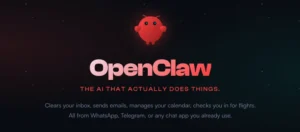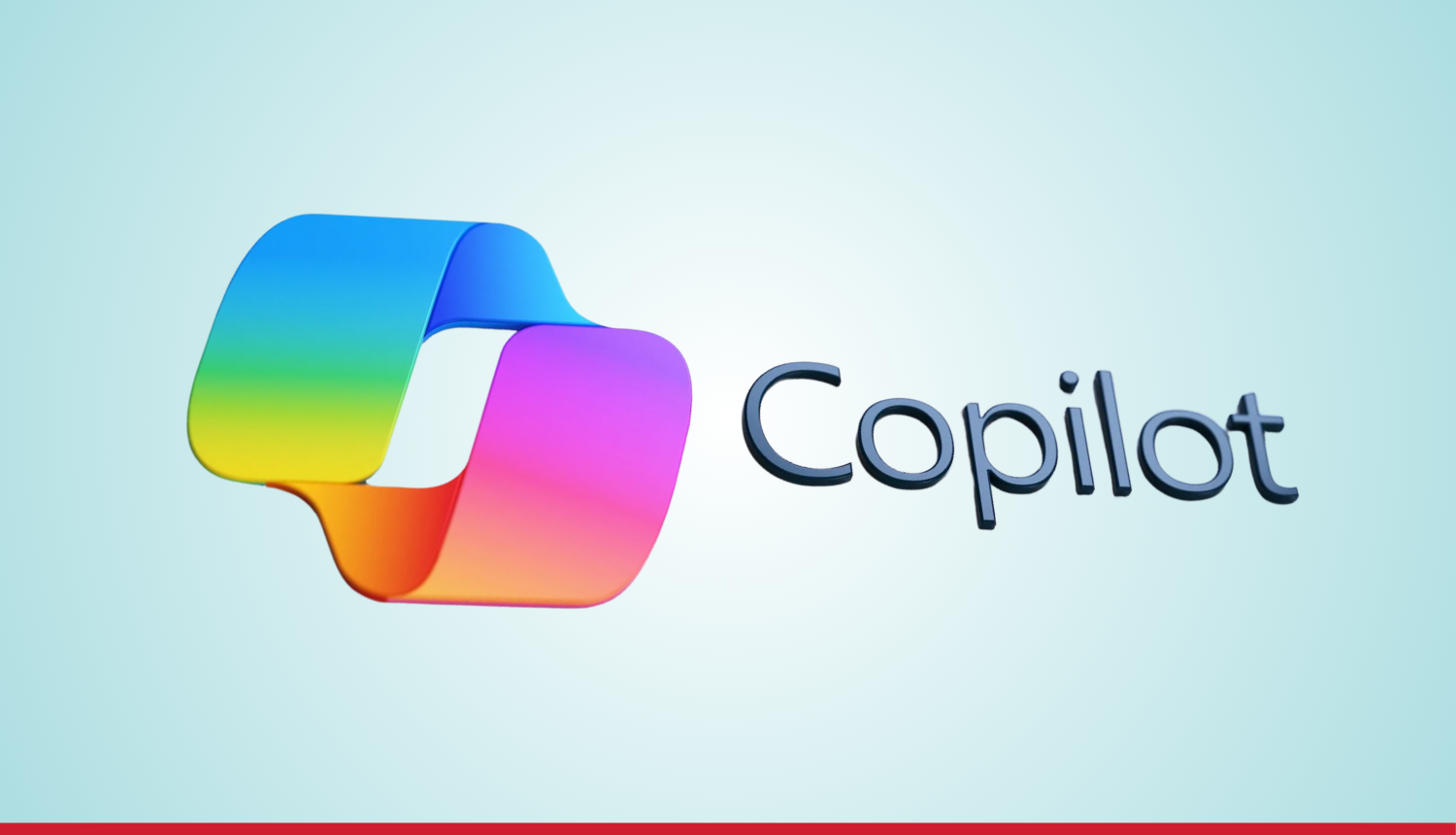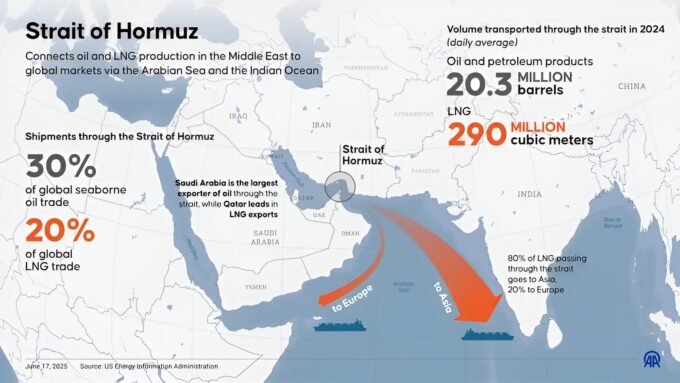Following recent AI announcements from Google and OpenAI, Microsoft has introduced its latest AI-driven advancements, unveiling two innovative deep reasoning agents for Microsoft 365 Copilot reportedly. These groundbreaking AI tools, named Researcher and Analyst, are designed to revolutionize research and data analysis, marking a significant leap in AI-powered enterprise solutions.
Microsoft’s Researcher utilizes OpenAI’s deep research AI model, enabling it to handle complex, multi-step research processes efficiently. This AI tool is engineered to sift through vast amounts of data, offering businesses valuable insights by integrating third-party sources such as Salesforce and ServiceNow. By pulling data from various enterprise tools, Researcher empowers users to make well-informed, data-driven decisions without manually gathering and cross-referencing multiple sources.
On the data analytics front, Analyst is built on OpenAI’s o3-mini reasoning model and incorporates chain-of-thought reasoning, allowing it to analyze raw data with the expertise of a skilled data scientist. It can convert unstructured information into organized spreadsheets, run Python scripts in real-time, and generate comprehensive reports from complex datasets. This AI-powered assistant is expected to streamline data processing, visualization, and decision-making, enhancing productivity for professionals who rely on analytics.
Read more: Yum Brands Teams Up with Nvidia to Supercharge AI at Taco Bell, KFC, and Pizza Hut
Both Researcher and Analyst will begin rolling out in April as part of an early access program for Microsoft 365 Copilot license holders. Additionally, Microsoft is introducing new autonomous agent capabilities in Copilot Studio, allowing businesses to design custom AI workflows tailored to their needs.
Microsoft highlights the versatility of these AI agents, claiming they can automate nearly any imaginable task using rule-based workflows with AI-driven actions. One example shared in LinkedIn’s announcement describes an agent directing feedback emails to the appropriate teams. However, the effectiveness of these tools remains to be seen, especially in comparison to traditional automation options such as manual filters or checkboxes. The true test will be whether this low-code AI experience can meet the high expectations set by Microsoft and other AI developers.
As AI-driven automation continues to evolve, these latest innovations from Microsoft’s Copilot ecosystem could significantly enhance enterprise research, data processing, and workflow automation, paving the way for smarter, more efficient business operations.
For more updates, be with Markedium.













































Leave a comment